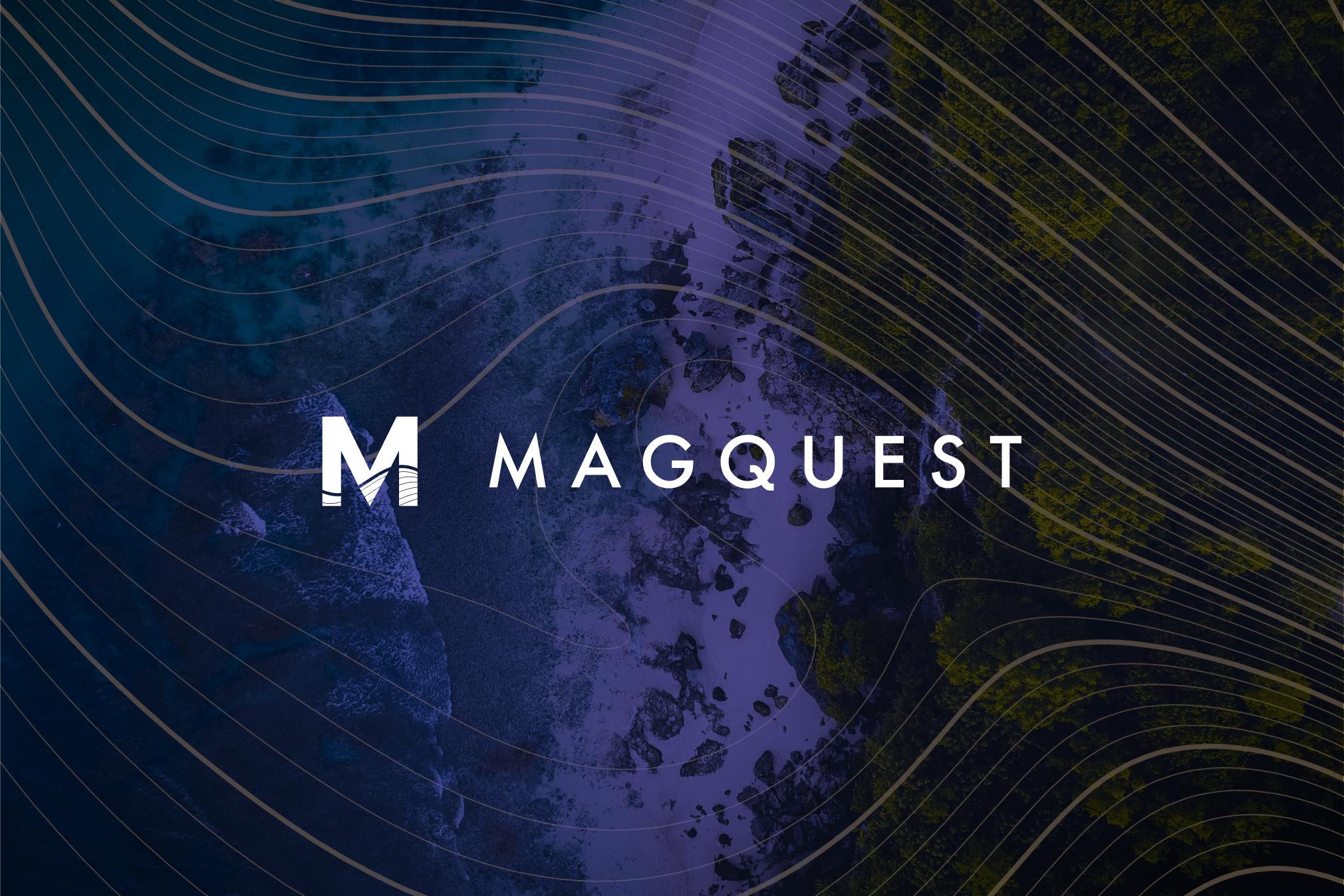Many innovators dream of the wild and unexpected. But how does that actually happen? One of the advantages of open innovation is the bidirectional flow of information that creates the conditions for the unexpected.
The World Magnetic Model (WMM) is embedded in thousands of systems and supports GPS for more than a billion smartphones. To ensure sustainability of the WMM, the U.S. government is taking a proactive approach to identifying new methods of data collection.
Production of the WMM currently uses space-based magnetic field measurements provided by a satellite mission, but the National Geospatial-Intelligence Agency (NGA) wanted to think beyond the probable solutions to discover what’s possible. What new types of spaceborne, aerial, terrestrial, or other solutions could collect geomagnetic data for the WMM?
MagQuest, a $1.2 million open innovation challenge on behalf of NGA, is designed to attract new ideas to increase the efficiency, reliability, and sustainability of geomagnetic data collection. With this prize competition, designed and produced by Luminary Labs through a contract with the NASA Tournament Lab, NGA is inspiring solvers to apply their expertise to a wide range of potential solution areas.
Today MagQuest announced 10 winners in the first phase of the $1.2 million competition, selected from novel approaches submitted by U.S. and international innovators in industry and academia. Submissions included space, aerial, oceanic, and land-based solutions. Each winner will receive $20,000 in cash prizes.
“From seafloor observatories to satellites, the breadth of ideas that emerged from Phase 1 of MagQuest is impressive and energizing,” said Richard Salman, Director of NGA’s Office of Geomatics. “We look forward to seeing the novel thinking and new technologies solvers will bring to Phase 2 of the challenge.”
Phase 2 is open to solvers from Phase 1, as well as new solvers who did not participate in the first phase of the challenge. NGA seeks detailed designs and plans for data collection methodologies, including a concept of operations, a description of expected performance and potential risks, and an overview of potential future program management. Success in Phase 2 may require increased expertise, and entrants are invited to explore collaboration opportunities by joining the MagQuest solver community. Phase 2 submissions are due by August 28, 2019.
Learn more about the Phase 1 winners and subscribe to the challenge newsletter for updates.

